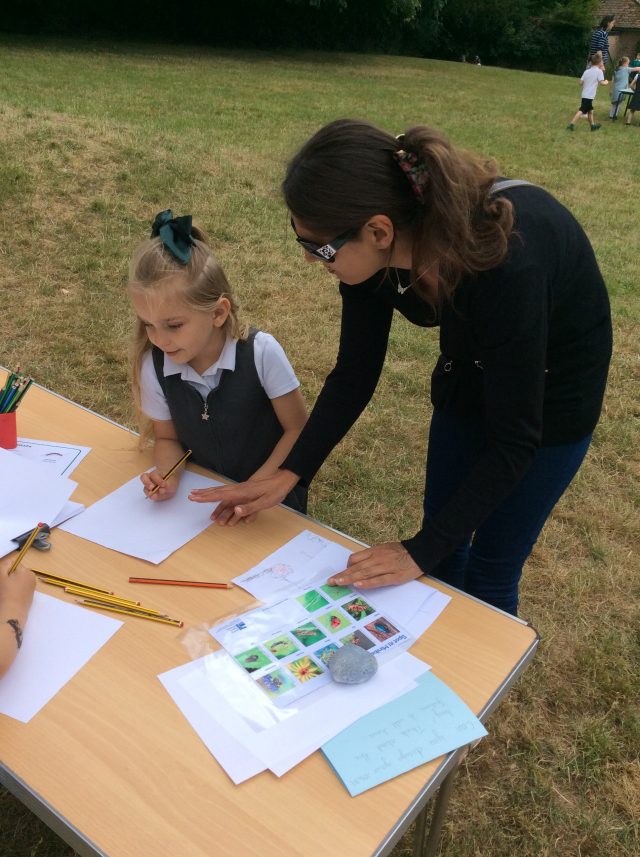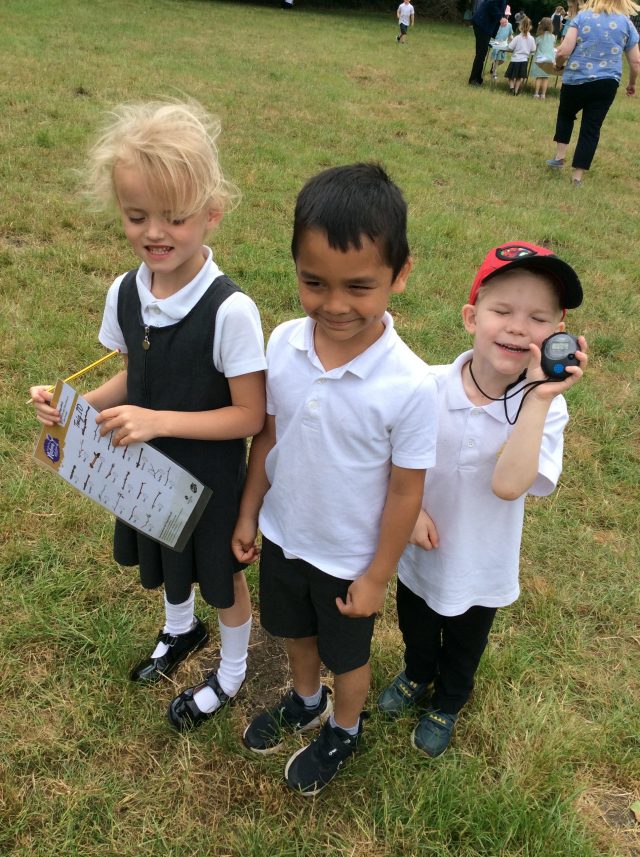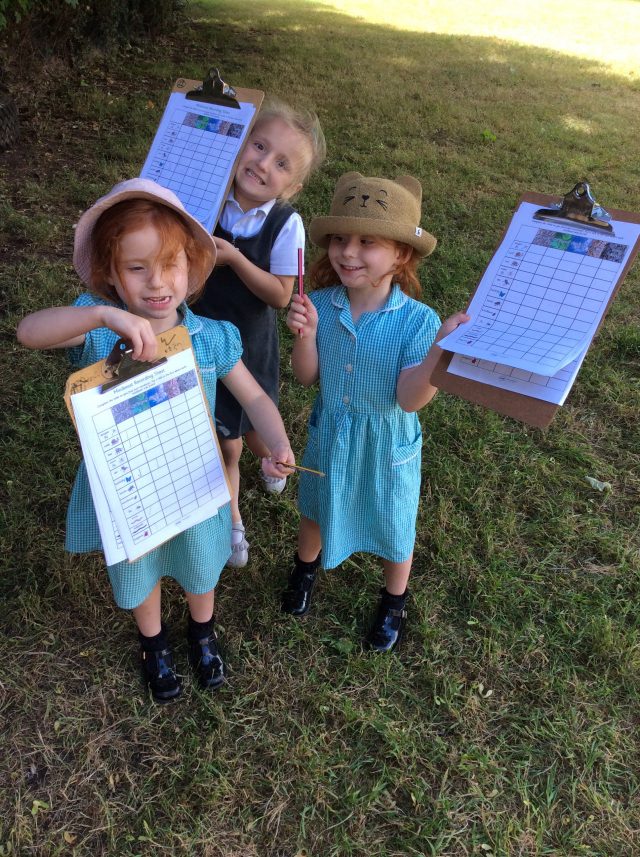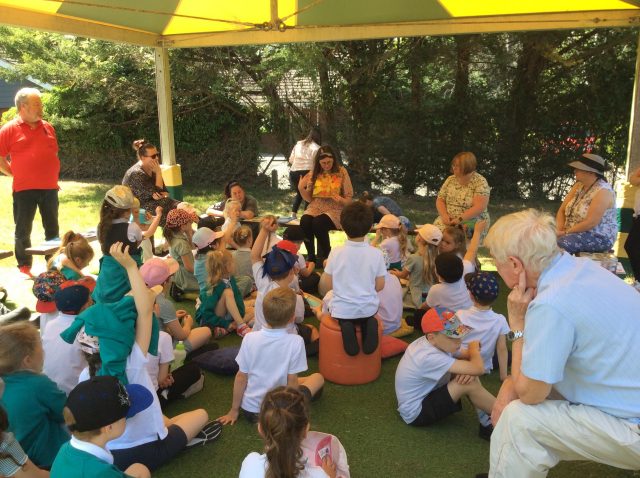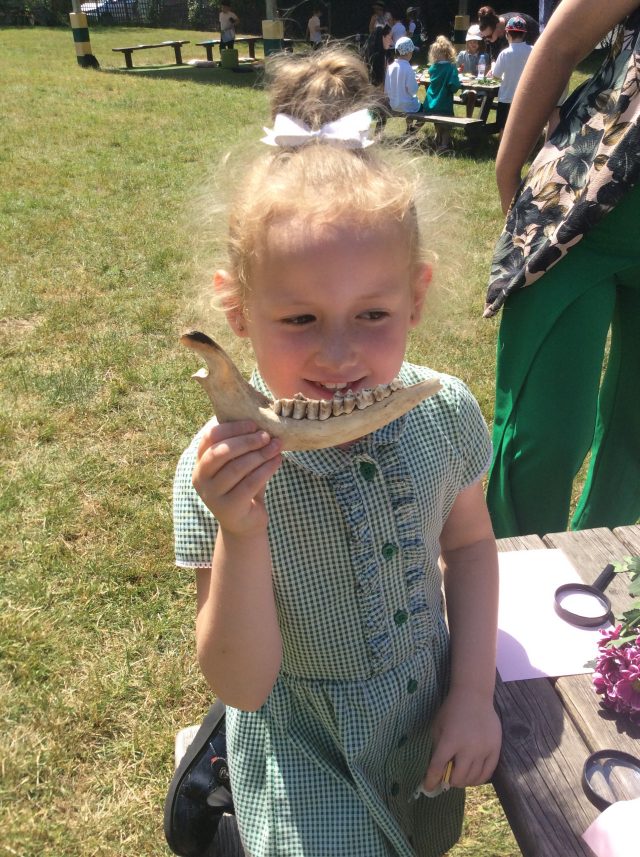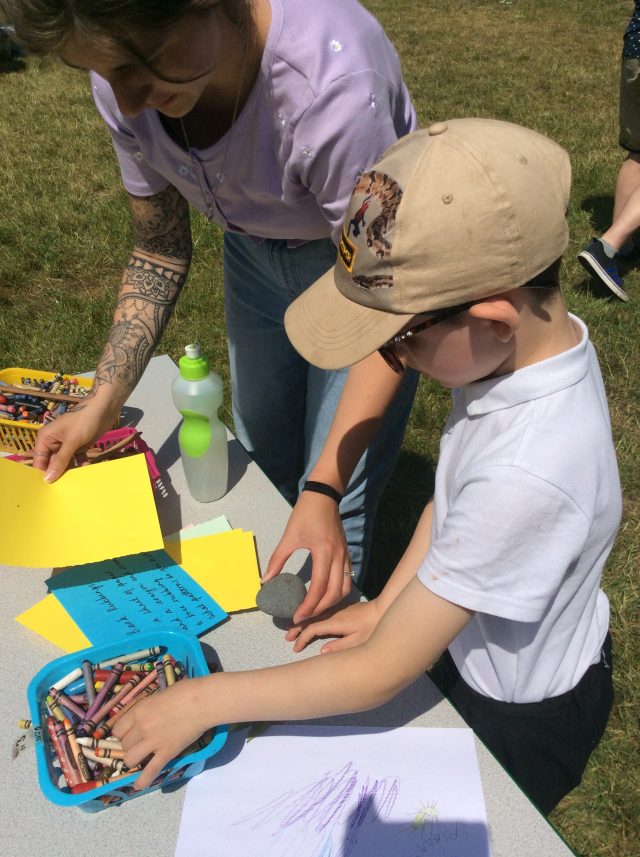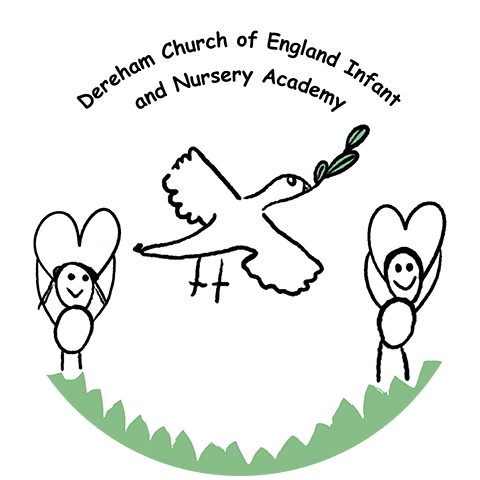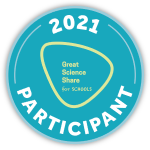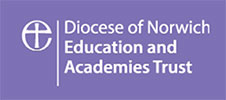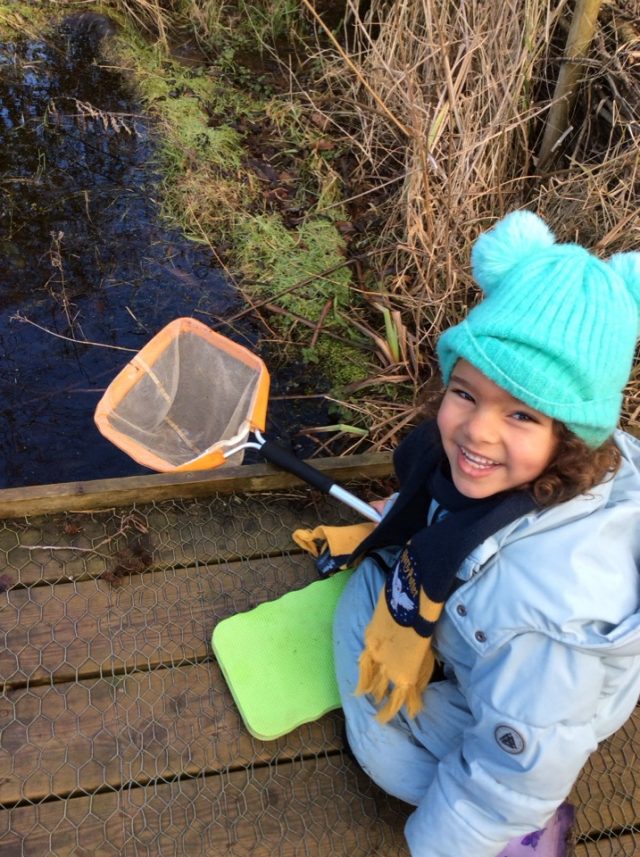
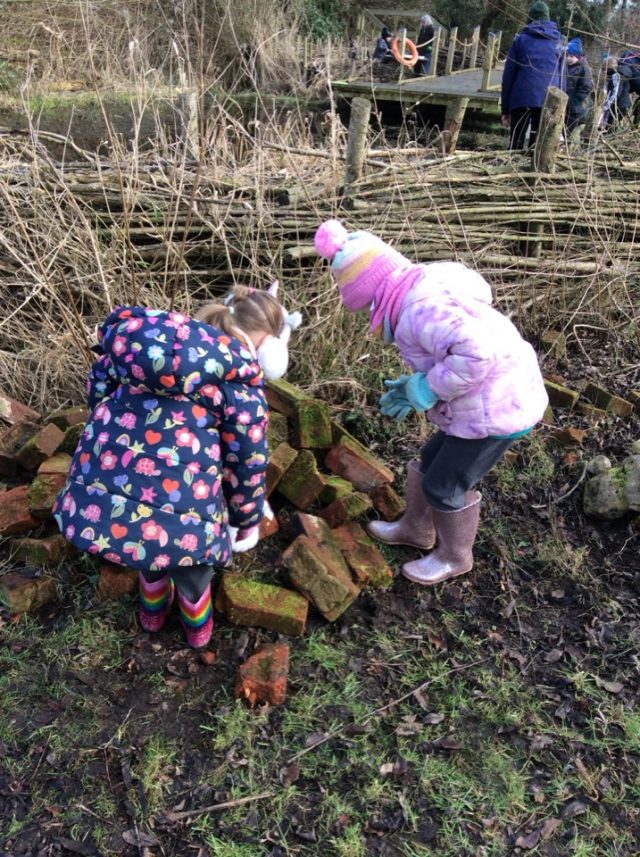
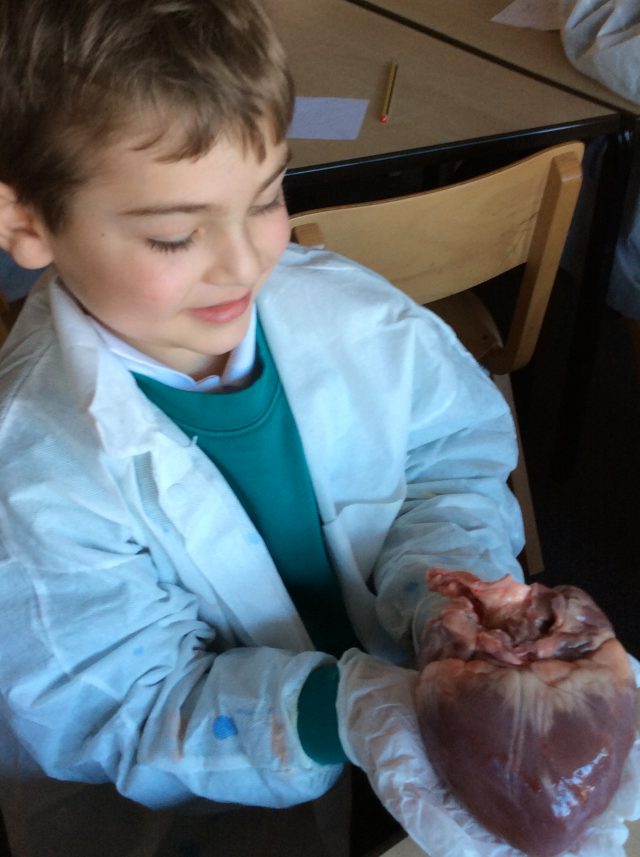
Science curriculum statement
Intent
At DCINS we prioritise opportunity for real life ‘hands-on’ experience which ignites children’s natural curiosity and aim to create lifelong Scientists. We strive to keep our Science curriculum as practical as possible with positive, memorable and out of the ordinary experiences. DCINS provides engaging and thought provoking lessons that often have cross-curricular links. Our school recognises speech and language as the key priority for our children’s needs; this is at the forefront of our science lessons through scientific discussions, encouraging the children to communicate during practical activities, team work and engaging in dialogue to approach misconceptions. It is important for our school that children are taught to use and understand appropriate scientific vocabulary. Children at DCINS have regular exposure to biology, chemistry and physics at an age appropriate level; allowing all to access the curriculum, progress within their scientific learning as well as demonstrate their knowledge and understanding. We strive for all children to be challenged at a level appropriate to their needs and for all to achieve success, regardless of their starting point, whilst encouraging higher order thinking through specific questioning and activities. Children are taught the skills needed to feel confident to make Scientific predictions, conduct experiments, observe, ask questions, measure, notice patterns, interpret data, group and classify, conduct comparative tests and conclude their learning. Over time children develop the confidence to lead their science learning and enquiries. We ensure children work scientifically and enquiry skills are embedded throughout the curriculum. Our school teaches children to learn from things that haven’t worked in the way they expected and to be resilient learners. Children are taught to think scientifically, to be inquisitive and ask questions that further their learning.
Within KS1, we develop children’s understanding of the uses and implications of Science; including how it shapes our lives and how it is vital to the future of the world.
As a Christian school, it is important to us that children engage in discussions where religion and
Science meet. It is essential that we allow children the chance to compare scientific learning with their Christian beliefs. In line with our Christian values, it is a priority for our school to teach children to look after the world around them. Through Science, we teach children to be mindful of their impact on the planet. Children learn to understand how materials can damage parts of the environment and cause problems for animals.
Implementation
Science is taught weekly throughout the school with additional science lessons whenever possible. Whole school science days and science weeks are often celebrated to promote a love for science and to provide opportunity for children to share their learning with others across the school. Children are invited to attend an after school science club which aims to develop their curiosity and excitement for the subject. In the early years foundation stage, children are taught science through the key area of learning set out within the EYFS Statutory framework. Children are taught through a broad range of teacher-led, child-initiated and continuous learning opportunities. Our curriculum aims to link science learning between EYFS and KS1, planning within EYFS considers children’s future learning and how this will develop. Within KS1, Science is taught at least once every week and is blocked into particular areas of learning for each half term. Our KS1 curriculum has been developed through ‘I can’ statements which demonstrate progression across the key stage and break the national curriculum objectives into smaller sections. These statements have been well thought about and developed by the whole school, they have been written in child friendly language so that the children can interact with these statements and take ownership of their learning. The ‘I can’ statements also play a vital role in supporting the assessment of pupils across all areas of science. In Ks1, the ‘I can’ statements are set out within a lesson-by-lesson overview to ensure the development and progression in learning whilst building on prior learning. At the heart of our Science curriculum, is our belief in the importance of hands-on, practical and out of the ordinary experiences for our pupils. We believe this approach supports the speech and language needs of our pupils, it encourages our pupils to become creative and critical thinkers, problem solvers and to build resilience in their learning. All science learning is planned to be accessible for all learners, adaptations are made for learners when required to allow all to access the science curriculum. In KS1, learning is recorded in a variety of ways. Some lessons do not require children to make individual recordings, as we believe it is important for children to fully engage in practical activities and share their understanding verbally and therefore we evidence learning through both individual science books and whole class science floorbooks.
Impact
At Dereham Church Infant and Nursery school, we recognise that we are creating the foundations for children’s knowledge and understanding of the world around them and the importance that the role of Science has within this. We measure our success through the excitement and eagerness children present during their science learning, their ability to obtain knowledge, remember more and explain more whilst scientifically thinking deeper. Our curriculum promotes a love of science with hands-on, practical and out of the ordinary experiences and aims to create lifelong scientists. Pupils are provided the opportunity to explore all science enquiry types throughout their time at our school. Their learning is continuously built upon, they are able to retain prior-learning and make connections between previous and current science learning. The success of children’s learning is evident through photos, quotes, pupil’s individual work as well as group work and displays around our school. Children are exposed to how science affects daily life; they are taught to feel empowered to pursue future careers within science regardless of gender, socio-economic backgrounds, ethnicity etc. Children become confident to lead their learning, ask questions and explore the world around them. Pupils leave our school as resilient learners who can think scientifically and further their own learning when things don’t go as expected. We encourage children to make links between religion and science whilst recognising differences.
The impact of our science implementation is measured through monitoring activities such as regular learning walks in classrooms, teacher observations, pupil voice, looking at pupils work and discussing with the children, looking at displays, staff questionnaires, staff moderation and analysis of teacher assessments. Teachers have the confidence and knowledge needed to plan lessons that encourage hands-on experiences for learning whilst developing children’s skills in working scientifically and meeting the national curriculum objectives. Teachers are confident in planning for possible misconceptions, recognising when these occur and addressing these through oral and written feedback. We recognise our curriculum is always growing, changing and developing and so the impact of our science curriculum is continuously evaluated by the subject leader and plans for future development are made.
Science long term plan
Nursery medium term plans
Reception medium term plans
Year 1 medium term plans
Year 2 medium term plans
Science vocabulary at DCINS: Please click the link below to view our progression within Scientific vocabulary across our school.
Science vocabulary progression grid
30 days wild challenge
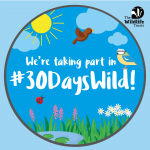
During the Summer term, the whole school are very excited to take part in the ’30 days wild’ challenge set by The Wildlife Trust. Take a look at some of our outdoor learning.
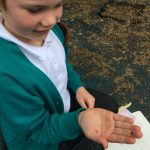
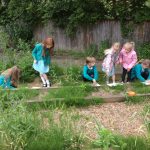
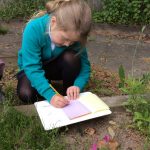
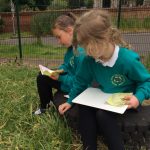
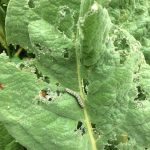
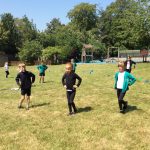
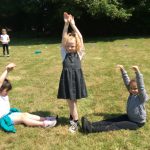
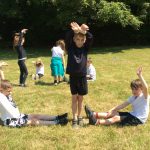
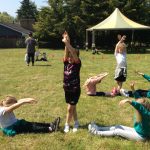
The children at DCINS have participated in The Great Science share for the past two years focusing on the theme of ‘Climate emergency’. This was such a success that this Summer, we are taking part in The Great Science Share again. We have spent a week focusing on the topic ‘Climate emergency’ and across the school we have been learning about the ways that humans are contributing towards climate change. In early years, children learnt all about the melting on polar ice caps through a story about a polar bear in danger. Year 1 children focused on plastic pollution. The children in year 2 learnt about ghost nets and the problems these cause for the creatures in the ocean and their habitat. The children planned and conducted experiments based around their learning. They created posters to share information and also large scales pieces of art work. The children of DCINS have become very knowledgeable around climate change and are ambitious and eager to make a change!
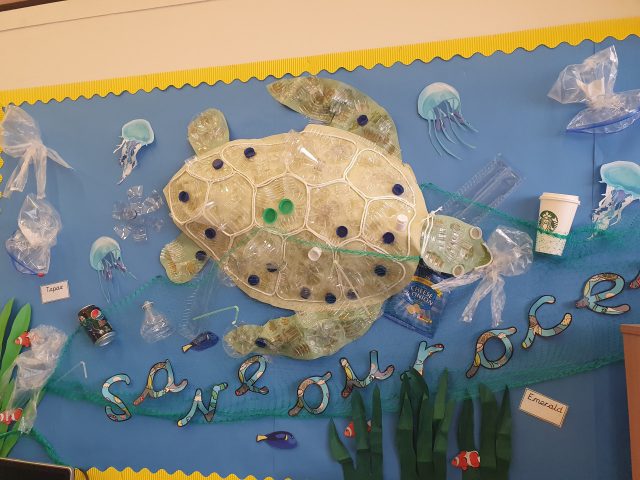
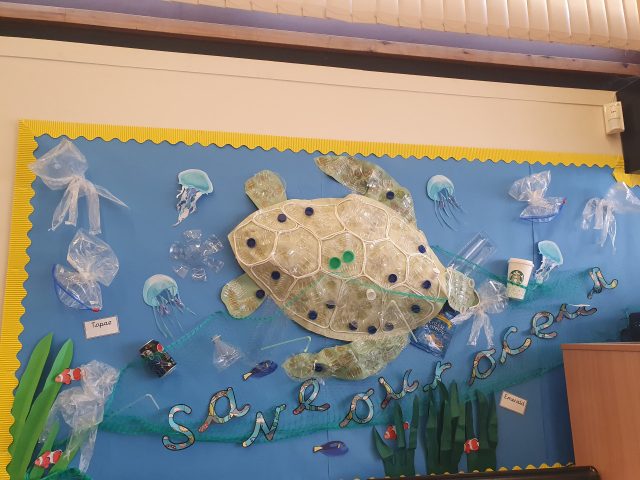
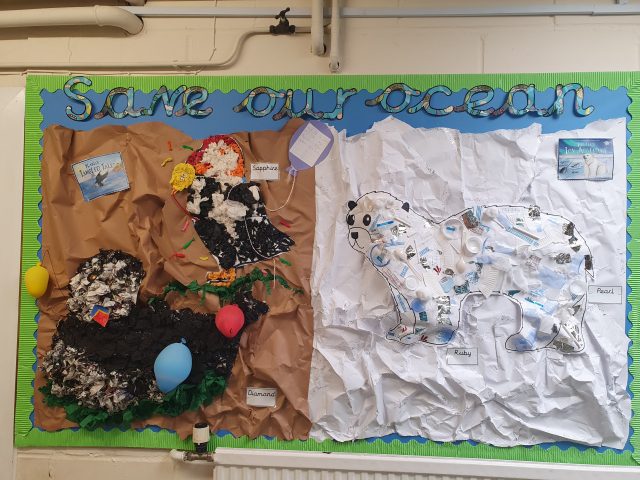
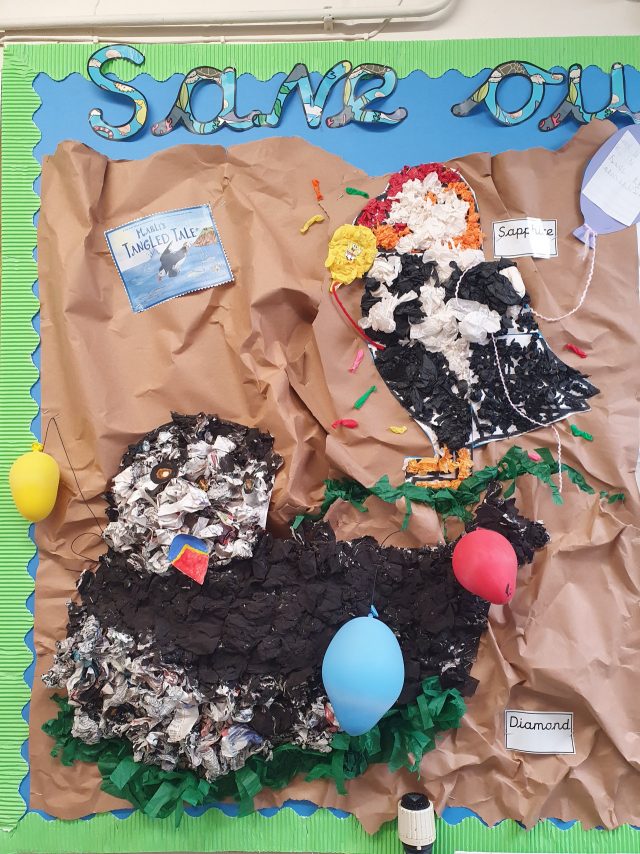
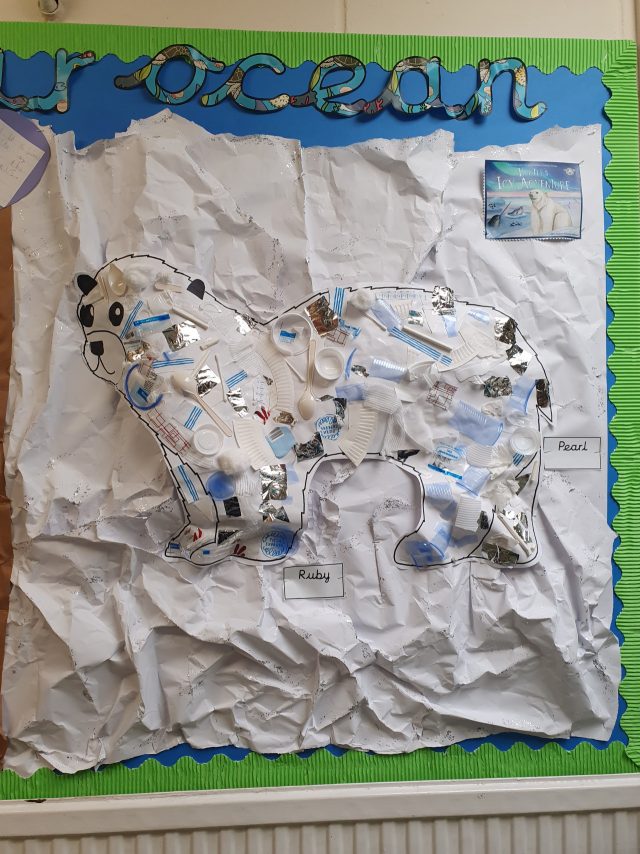
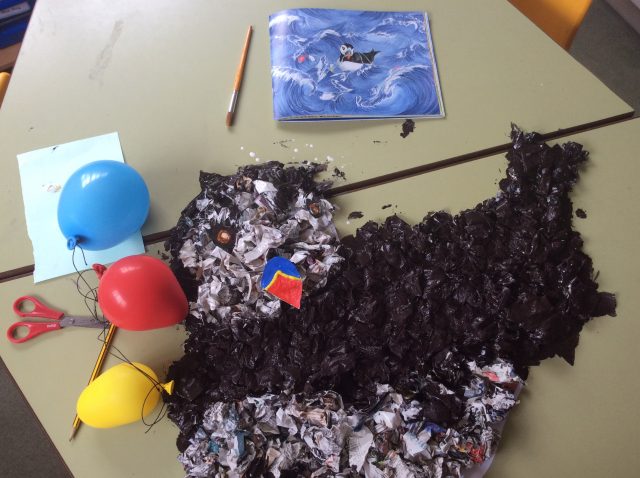
Science club!
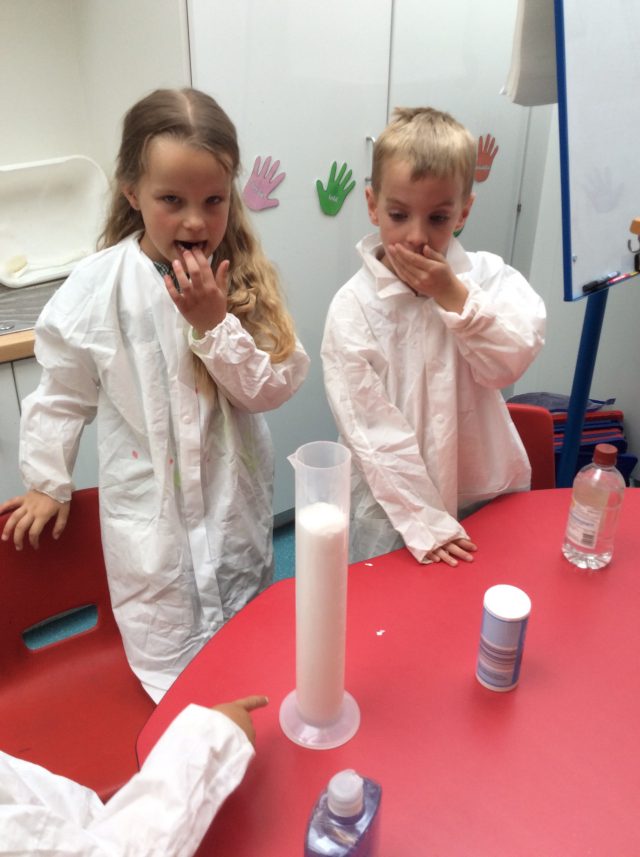
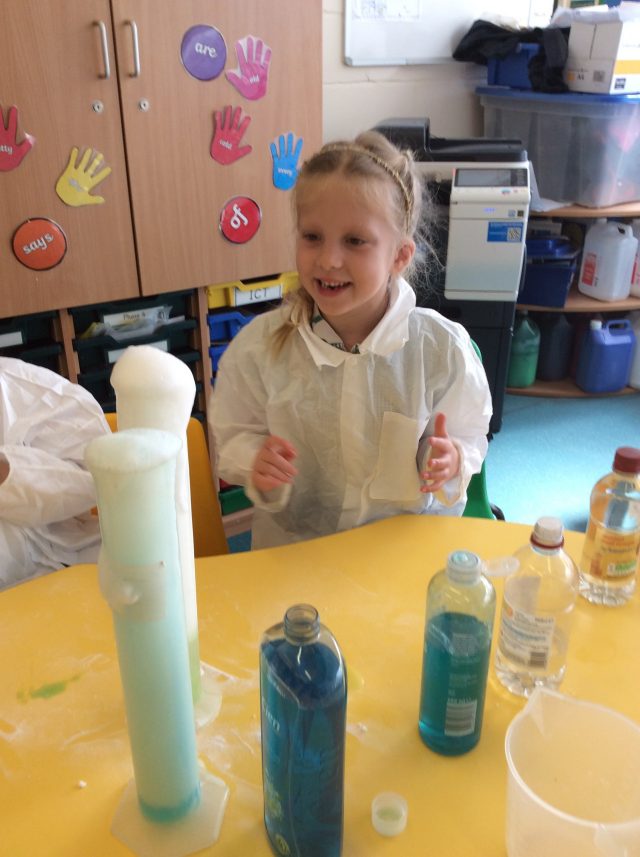
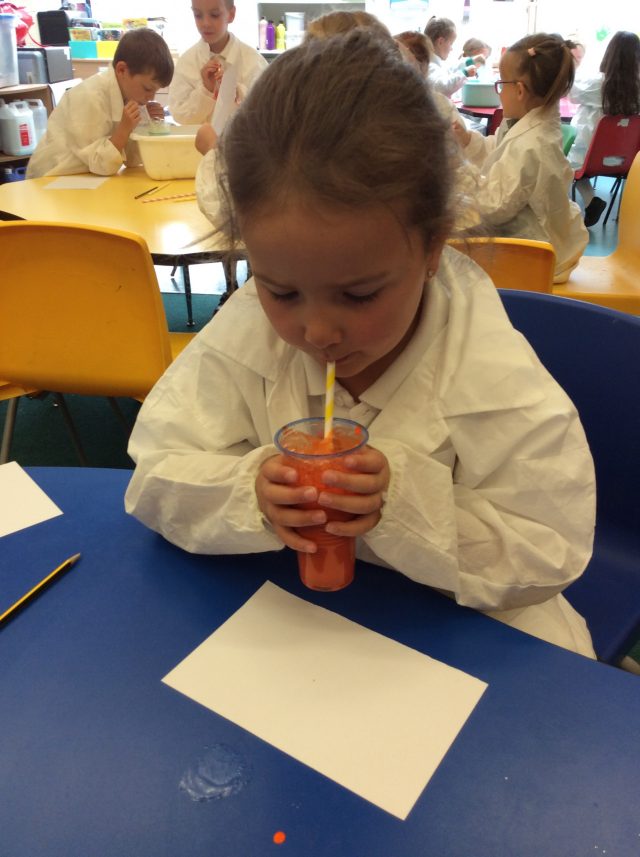
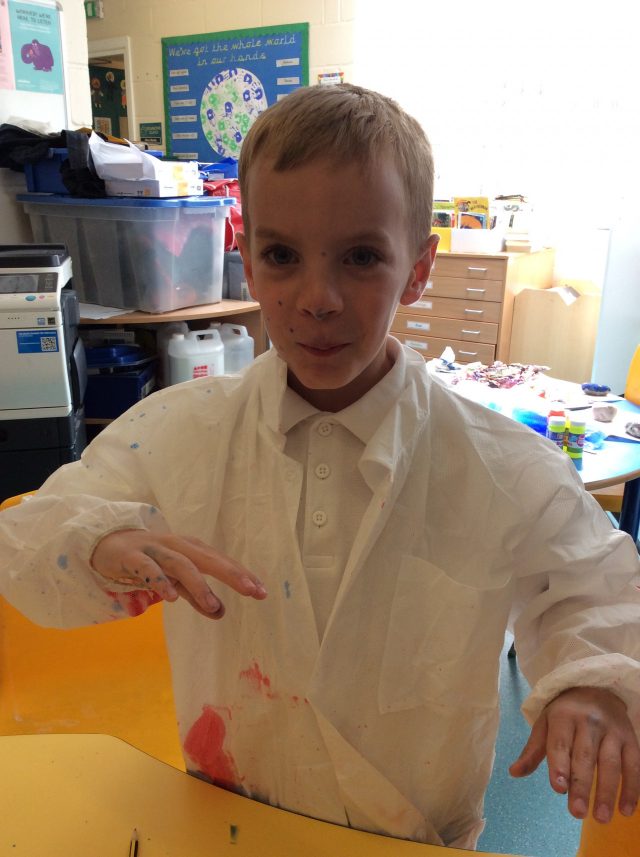
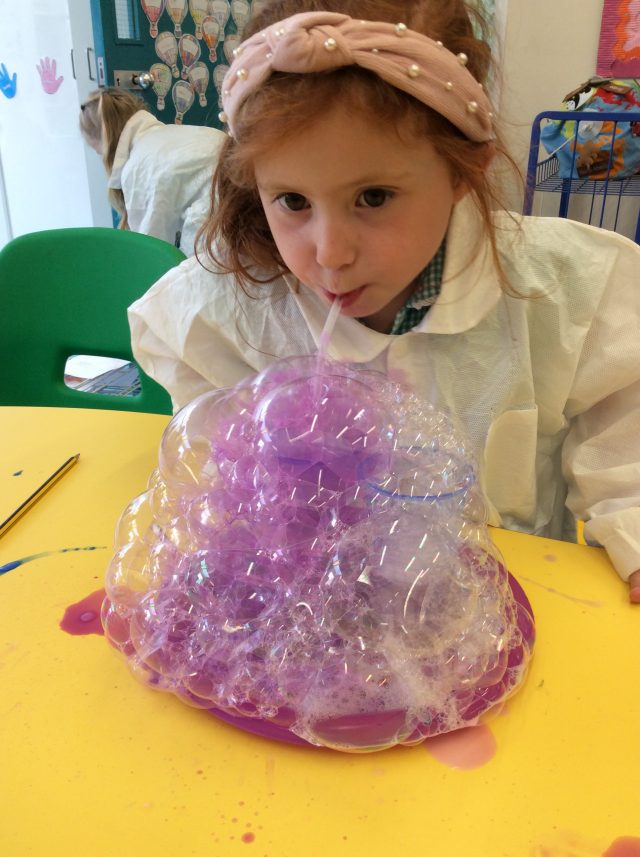
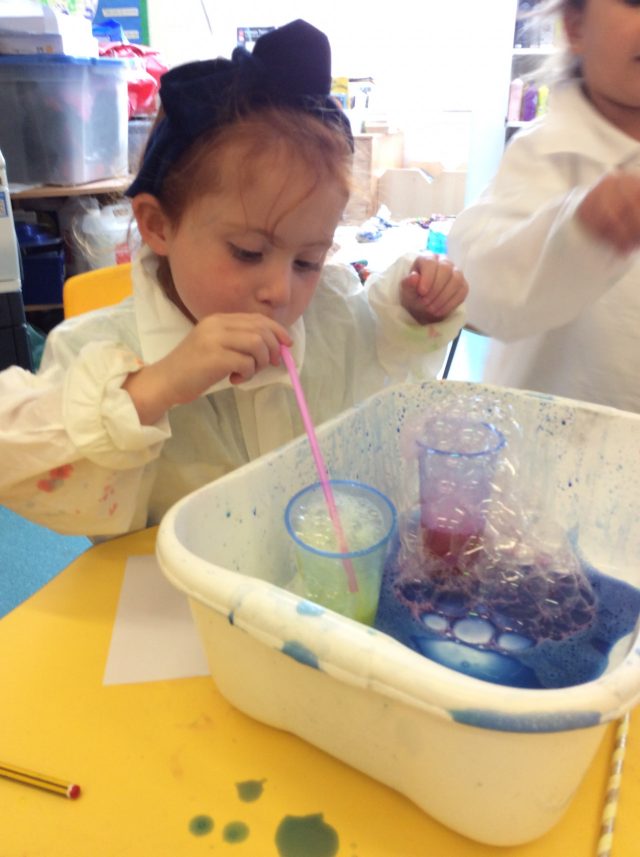
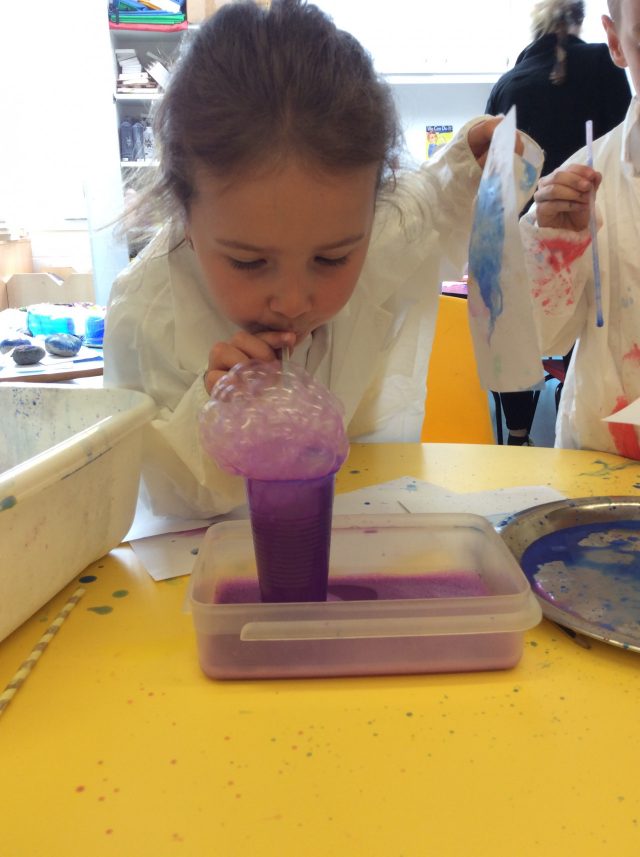
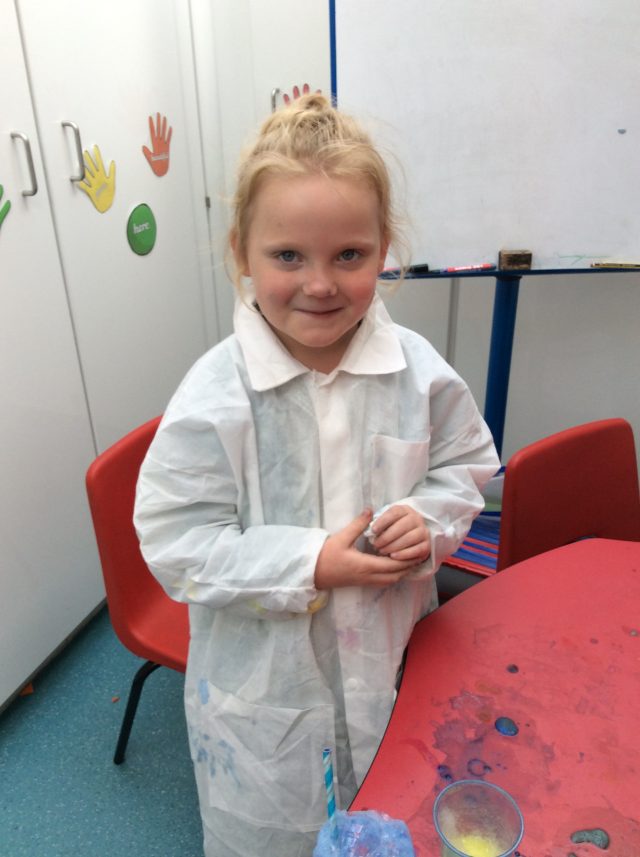
Summer Science workshops.
Thank you to all the parents and carers who have been able to attend our Science workshops and join in with our Science learning.
